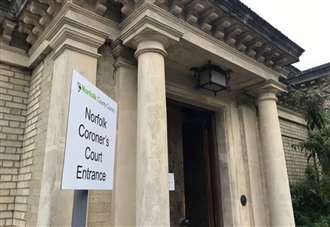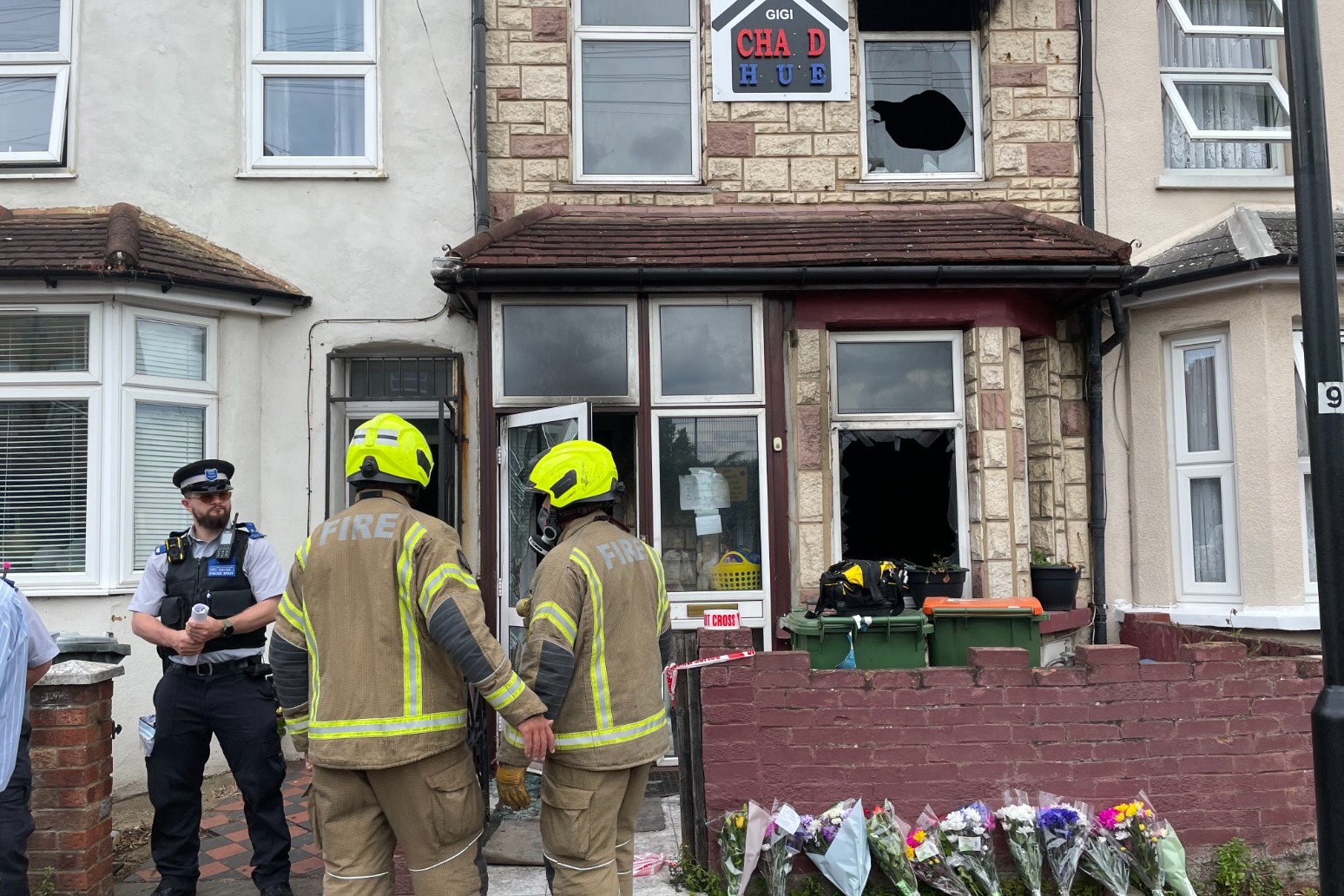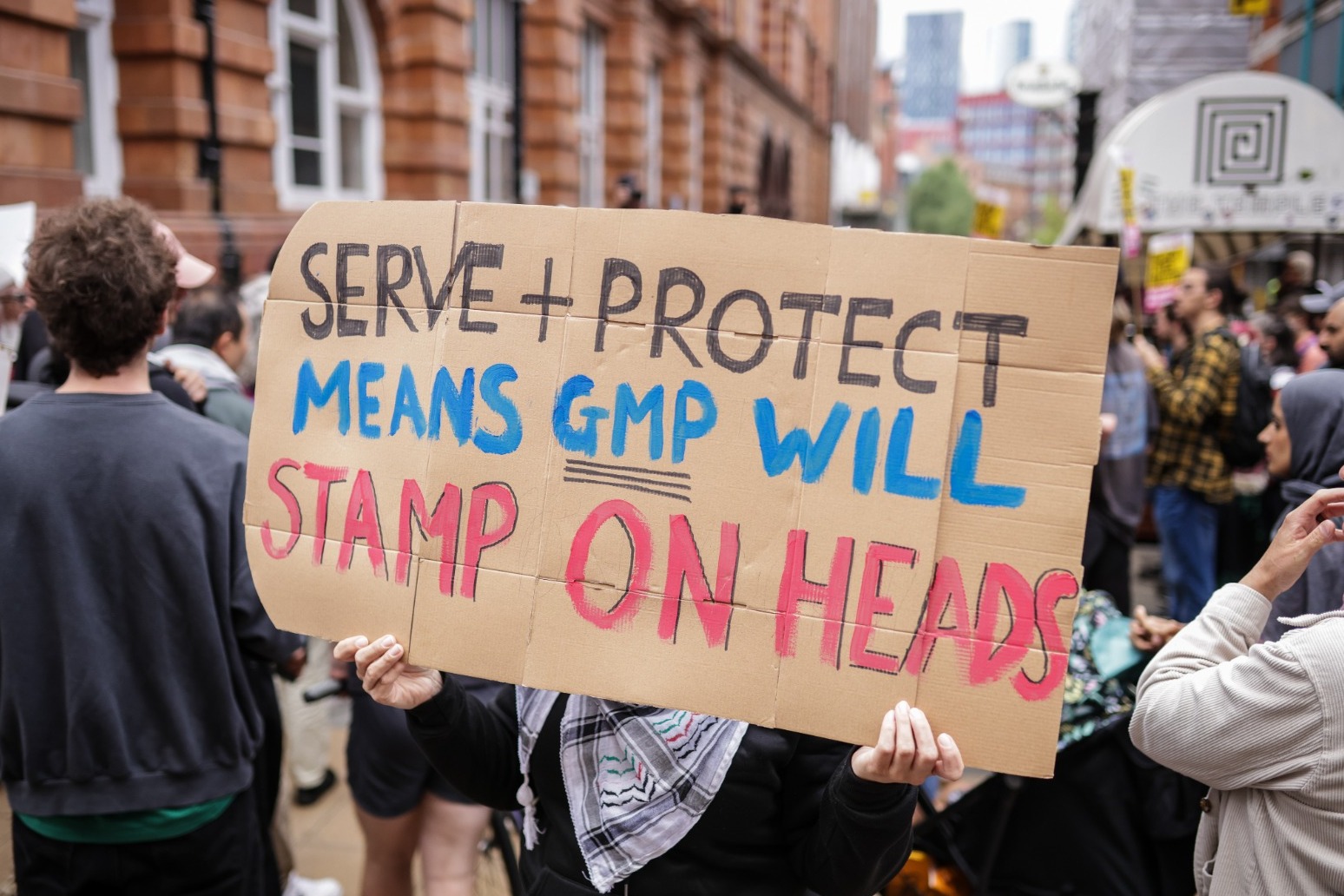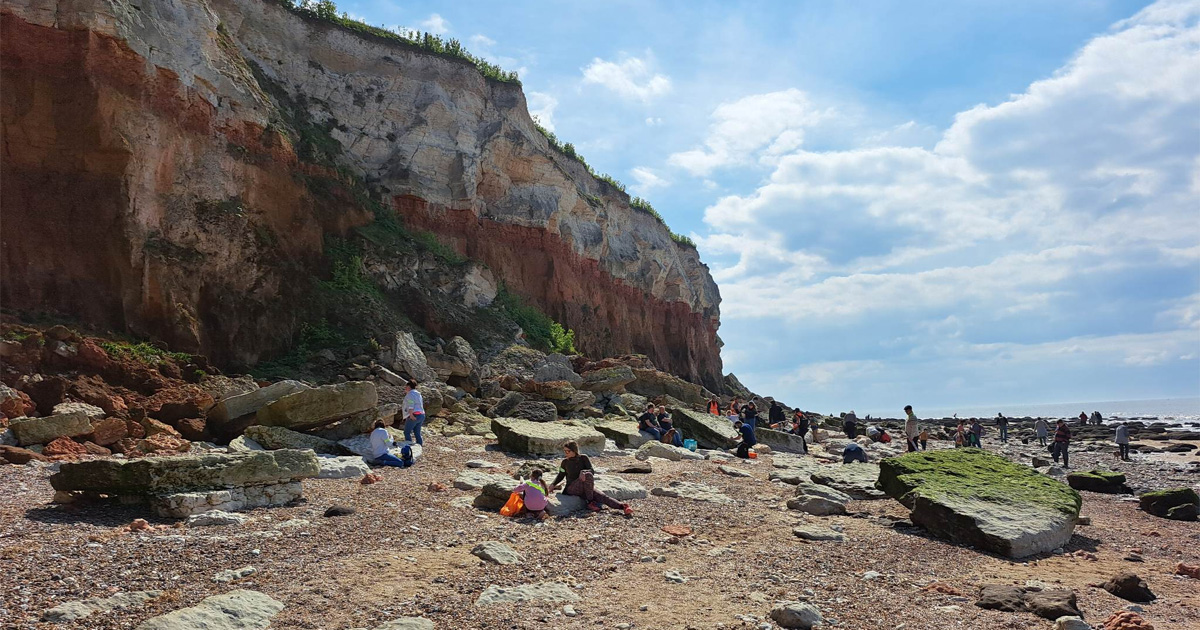
A 29-year-old carpet fitter was found unresponsive on his sofa by police after family raised the alarm, an inquest has heard.
Emergency services were called to the Fairstead home of Luke Clark on July 17 last year, after his friends and relatives realised no one had heard from him in days, Norfolk Coroner’s Court was told on Tuesday.
The inquest concluded that Luke’s death was drug-related, after his mother Tracey Clark said, in a statement read to the court, that her son had struggled with an addiction to cocaine in recent years.
She said he had told her of his addiction around the time of his father’s death three years ago, which “shocked” her as he had “always seemed to be against taking illegal drugs”.
He also mentioned that he was experiencing psychosis – when people lose some contact with reality via either hallucinations or delusions – and she subsequently attempted to help him, paying for him to go abroad in a bid to get off the drugs and advising him to sell his house to pay off debts.
Mrs Clark said during the Covid-19 lockdown, he began living with her and her father, and his addiction “seemed to get better” as it was difficult for him to obtain the drugs.
She said, however, she did see evidence of his psychosis one evening when he said he was going to redecorate his room but he “started smashing everything up” and then began “painting everything”.
“Given his manic state, I called the police to prevent him from harming himself,” she added.
“I was not concerned he would be violent towards us. I called them to help him. He was arrested and released the next day. I believe he had been under the influence of drugs.”
He later moved to Fairstead, at which time “he seemed really motivated and was getting lots of work in Boston”.
By Christmas 2021 and the start of 2022, Luke seemed “back to his old self” and had not used cocaine for a while, Mrs Clark said.
She told the court he had not had medical help for his addiction, nor any diagnosed mental health or physical issues, although he would often ask for indigestion tablets.
“I was concerned he was taking too many tablets,” she added.
In the weeks leading up to his death, Luke seemed in “good spirits” as he was set to view accommodation closer to where he was working and had asked his mother to look after his dog, which was the last contact she had with him.
“This makes me think he had no intention of ending his life,” she said.
“During this conversation, I had no concerns that he was ill or using cocaine. He looked well – he had just come back from a holiday.”
But, on Sunday, July 17, when Luke had not answered messages and other family members also said they had not heard from him, some of his loved ones went to his address on Barrett Close.
“Luke’s dog was barking and his van was in the driveway, but when they knocked at the door there was no answer,” Mrs Clark said.
“I told them to call emergency services and when I arrived, there were police cars and an ambulance there. The last thing I expected for them to tell me was that my son was found dead.”
A police report was read to the court, which explained that officers forced entry to the flat on the evening of July 17 and found an unresponsive man lying on the sofa.
It said that there was no sign of any forced entry, and Luke did not have any injuries.
They did find strips of a strong painkiller in the flat though, which he did not have a prescription for.
The inquest was told that a neighbour’s CCTV last showed Luke on the evening of Thursday, July 14 walking his dog, at which time he did not appear intoxicated or incapacitated.
The court also heard from healthcare professionals including Dr Himani Garg at Vida Healthcare, who said Luke had spoken of hallucinations during an appointment in December 2019.
Dr Garg said although he had not reported suicidal ideation at the time, he did mention cocaine use and suicidal thoughts – at which point he was referred to the mental health team and it was recommended that he contact national health and social care charity Change, Grow, Live (CGL).
But she said he did not attend the appointments and failed to contact CGL.
Kate Hope, of Norfolk and Suffolk NHS Foundation Trust (NSFT), confirmed Luke had been referred to the mental health team by his GP in December 2019 and he was invited for an initial assessment which he did not attend and he failed to engage with the team any further.
Dr Ray Lonsdale, consultant histopathologist, said that toxicology tests were undertaken which showed there were traces of cocaine and morphine in his blood and urine.
However, due to the “low volume and low quality” of the blood, only limited analysis could be carried out.
“Overall, there’s evidence of use of cocaine at some point prior to his death,” Dr Lonsdale said.
He said that on the balance of probabilities, he would suggest Luke’s cause of death to be aspiration of gastric content due to drug toxicity.
In summing up the evidence, senior coroner for Norfolk Jacqueline Lake said: “Luke had a history of drug abuse, but in the period prior to his death, he had made real efforts to come off drugs and was deemed to be generally fit and healthy.”
She concluded that Luke’s death was drug-related.
“There was no evidence that Luke had any intention to end his life,” Mrs Lake said, before offering his family her sympathy for their loss.
For confidential support on an emotional issue, call Samaritans on 116 123 at any time.
If you want to talk to someone confidentially, click here.













